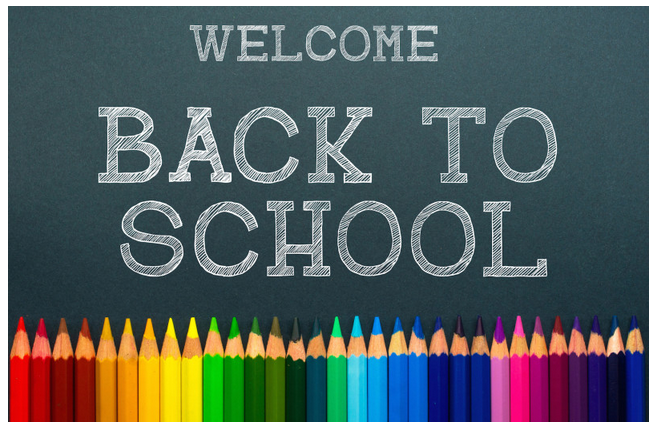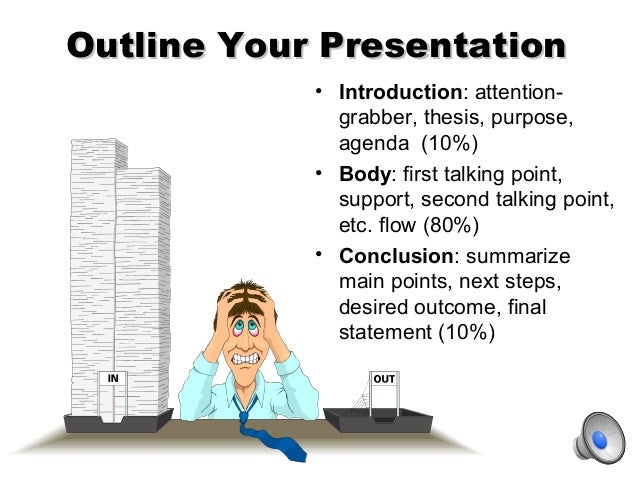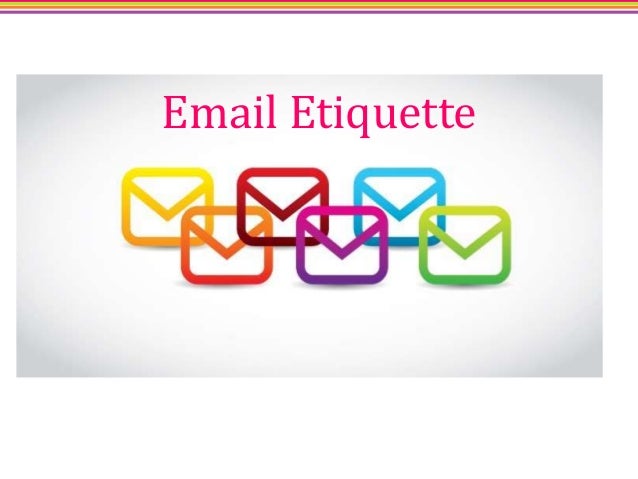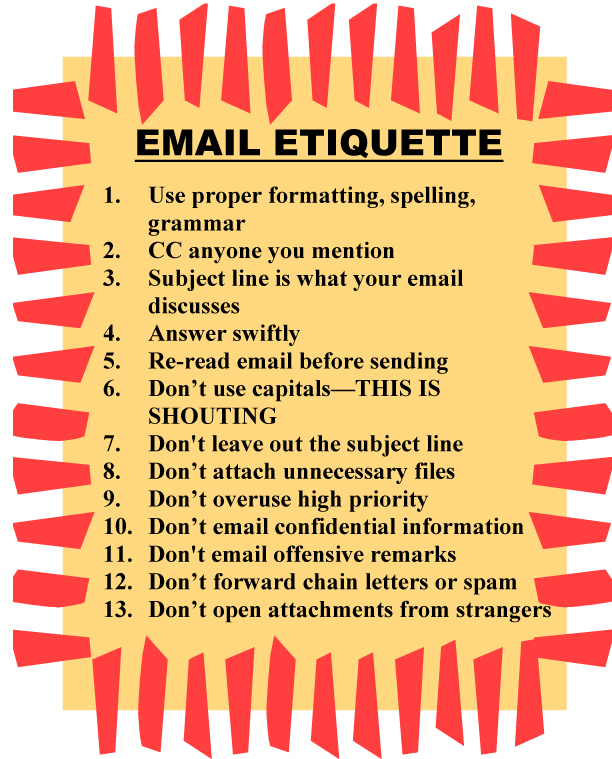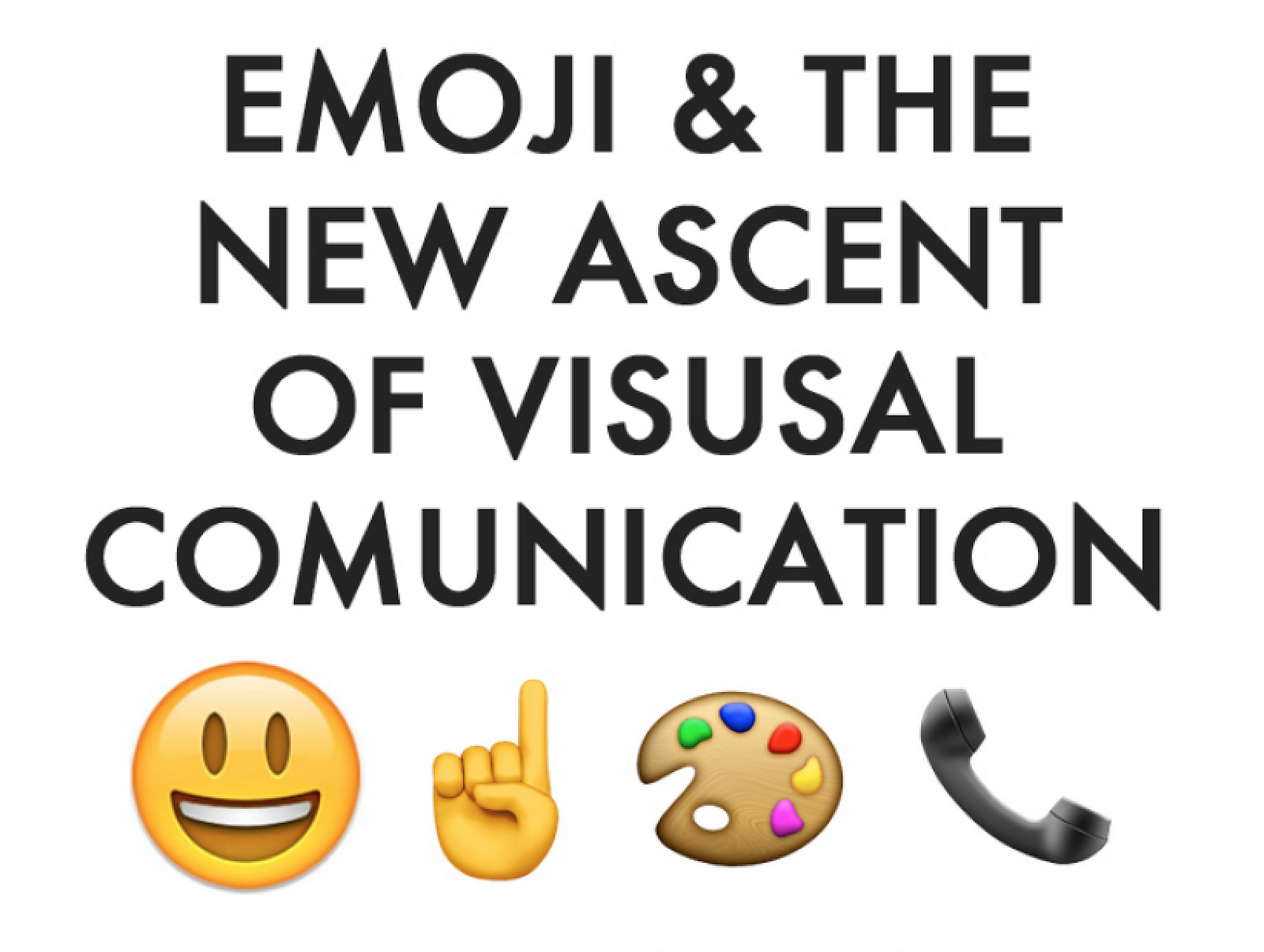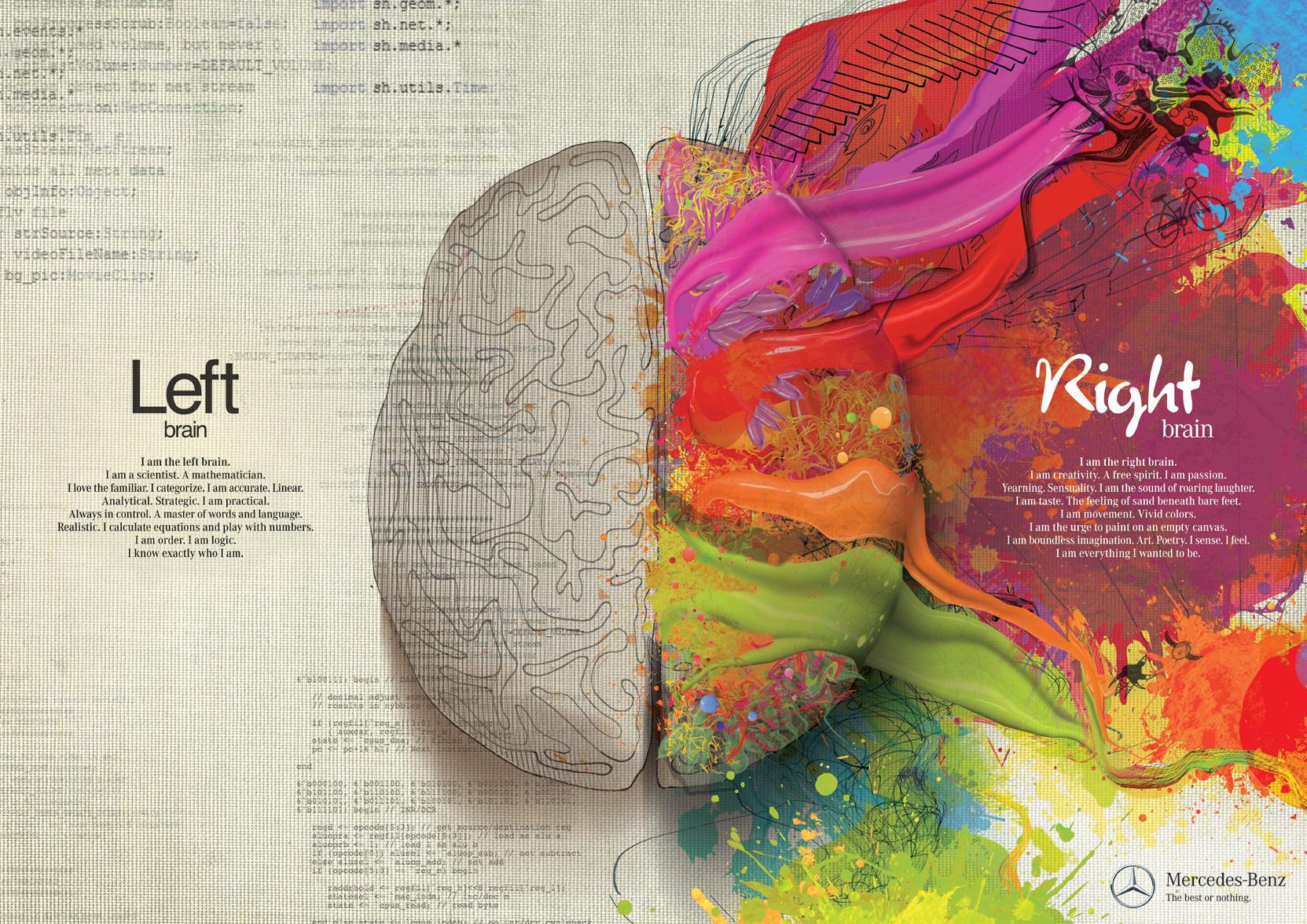 |
| https://www.adsoftheworld.com/media/print/mercedes_left_brain_right_brain_paint |
October 15
Links to: Sciences
1. Have you wondered how the brain works? Are you a left-brain or right-brain thinker? You might have heard people say that they are good a problem-solving or better at languages. Is there a connection to how their brain works? Check it out here:
www.verywell.com/left-brain-vs-right-brain-2795005
In pairs, carry out some research using a search engine to find out more about the left-brain right-brain theory. Make notes and keep a record of the resources you have used.
What is your point of view? Explain, include details.
2. Are you left-brained or right-brained?
https://www.arealme.com/left-right-brain/en/
https://braintest.sommer-sommer.com/pt/
October 16 - Cover Work
Read the text and answer the below questions. Write the answers in complete sentences.
ATL: Communication skills: Read critically and for comprehension; Write for different purposes.
Task 1
Read the text and then answer the following questions:
1. Identify the type of text it is.
2. Identify a word that means "discovery".
3. Where does Ray come from?
4. What can Ray's solution do?
5. Identify a word that means "inexperience".
6. What has Ray loved to do from a very young age?
7. What does Ray say he is not good at?
8. Identify a word that means "influenced".
9. What does Ray want to stay at university?
10. What does Ray's father do?
11. Which IB learner profile attribute(s) would you choose for Ray? Why?
Task 2
Ray is an extraordinary teenager. In pairs, find an example of someone extraordinary of any age in your school or community.
Make a list of questions to ask this person.
October 17
Activity: Find inspiration
Ade Adepitan uses a wheelchair as a result of contracting polio as a child, which led to the loss of the use of his left leg.
Ade Adepital is a paralympian. Watch this video and listen carefully to what Ade says about his goals:
www.bbc.co.uk/education/clips/zgn6n39
As you watch, answer the following questions:
1. Where is Ade from)
2. What does Ade do?
3. When did Ade's dream start?
4. Evaluate the purpose of the text.
5. Who is the target audience for this programme? Justify your ansers by stating which features or aspects of the programme are particularly suited to this audience.
6. Identify how long it took Ade to reach his dream.
7. Who inspired Ade?
8. Do you like this video? Why? Why not?
9. According to Ade, what is more important than individual success?
10. Basing your answer on the final part of the video (4:09 onwards), what does Ade say anyone can achieve? Explain your answer by referring to information in the video.










